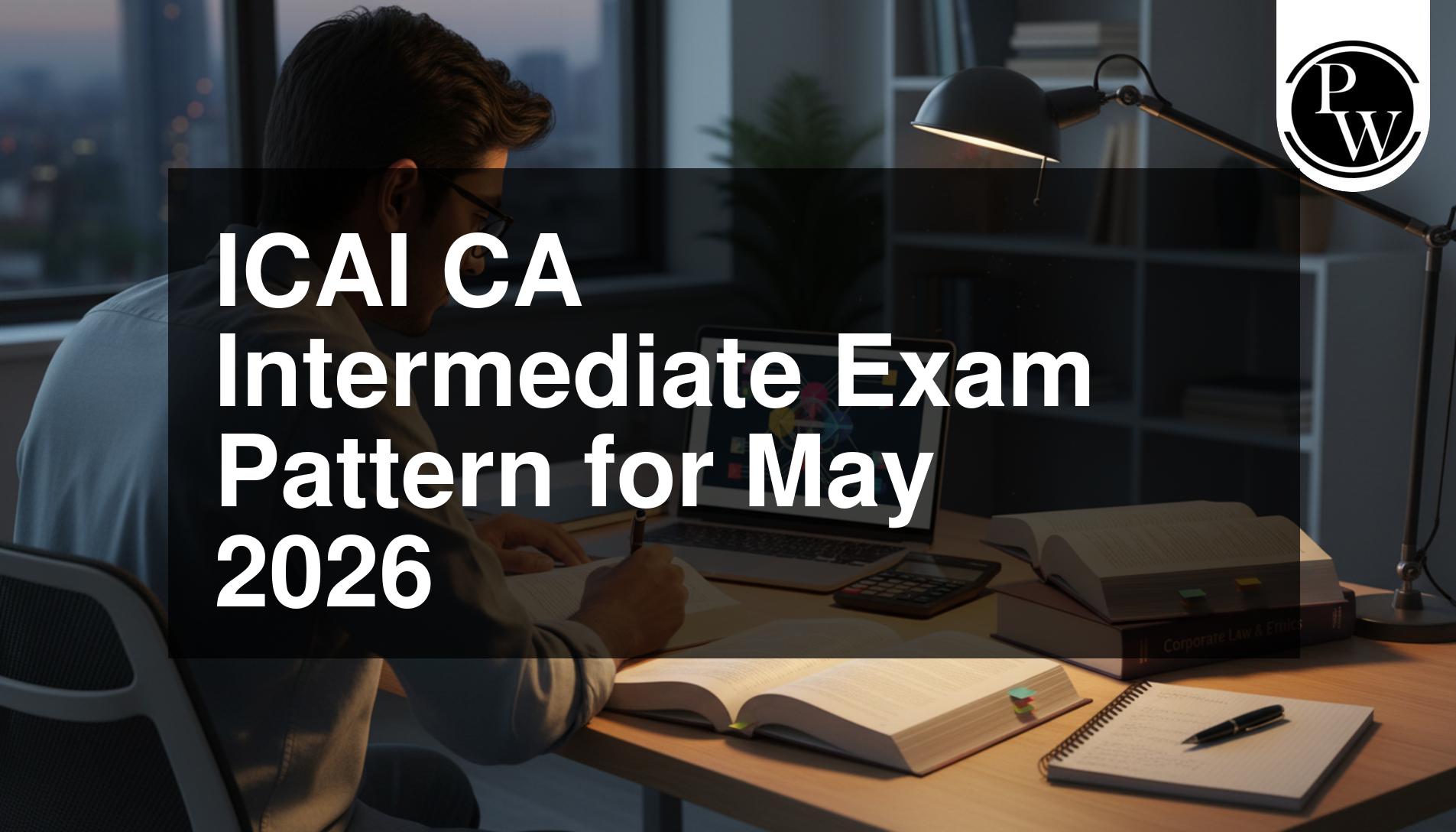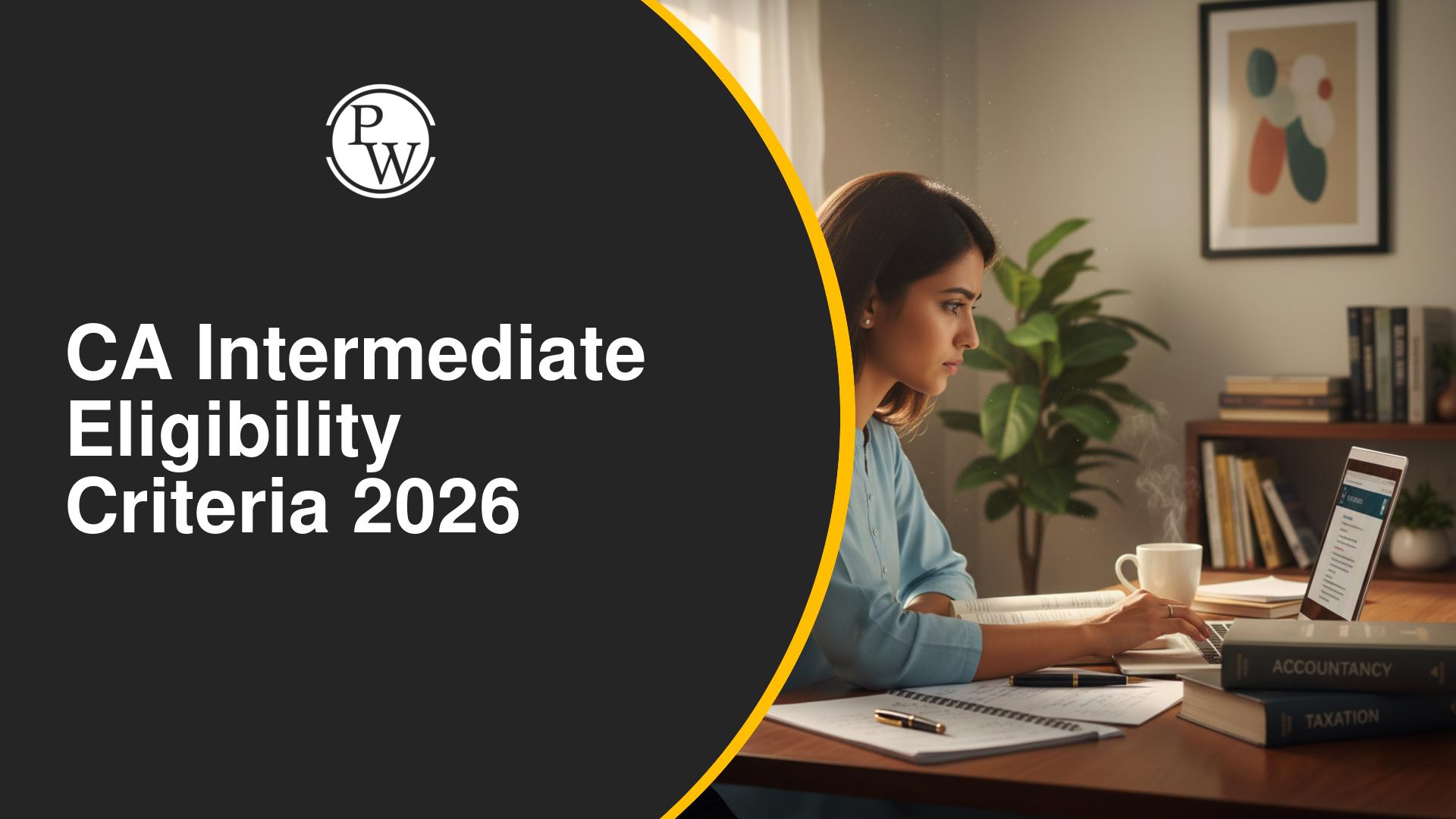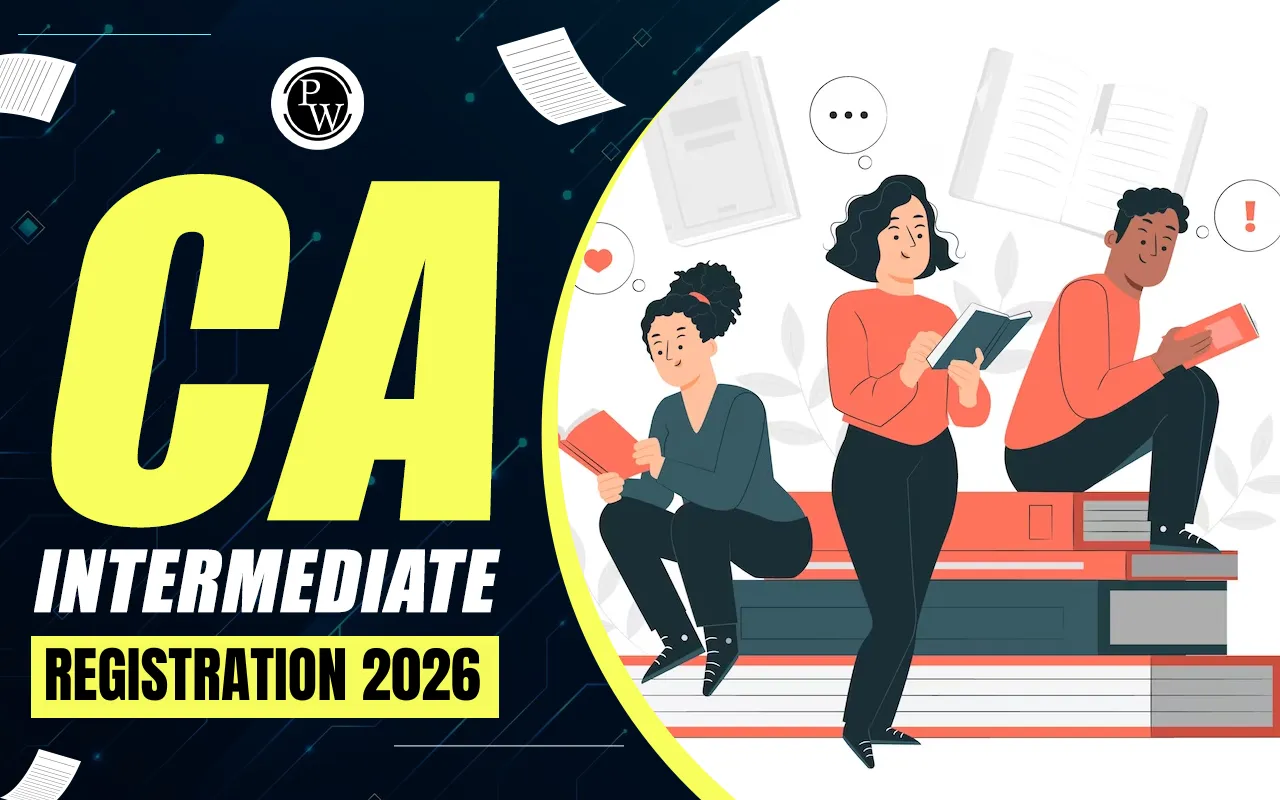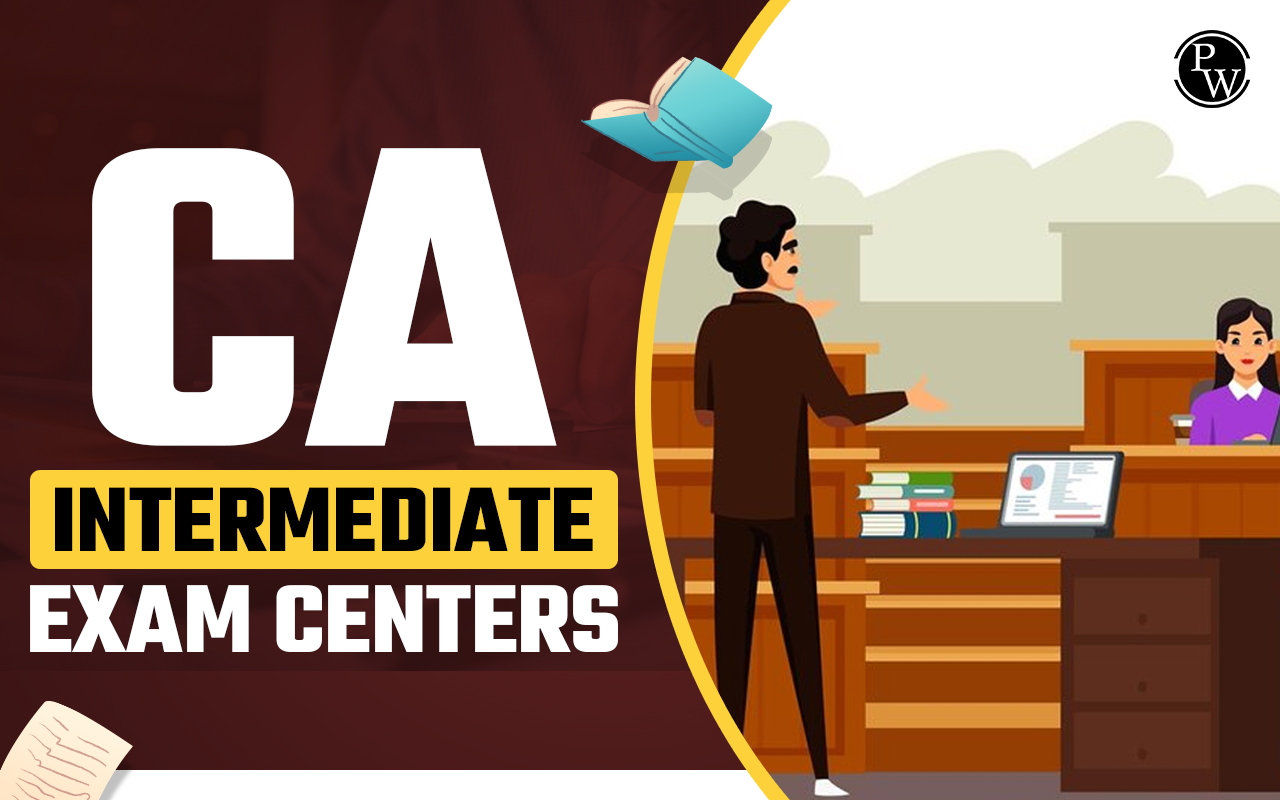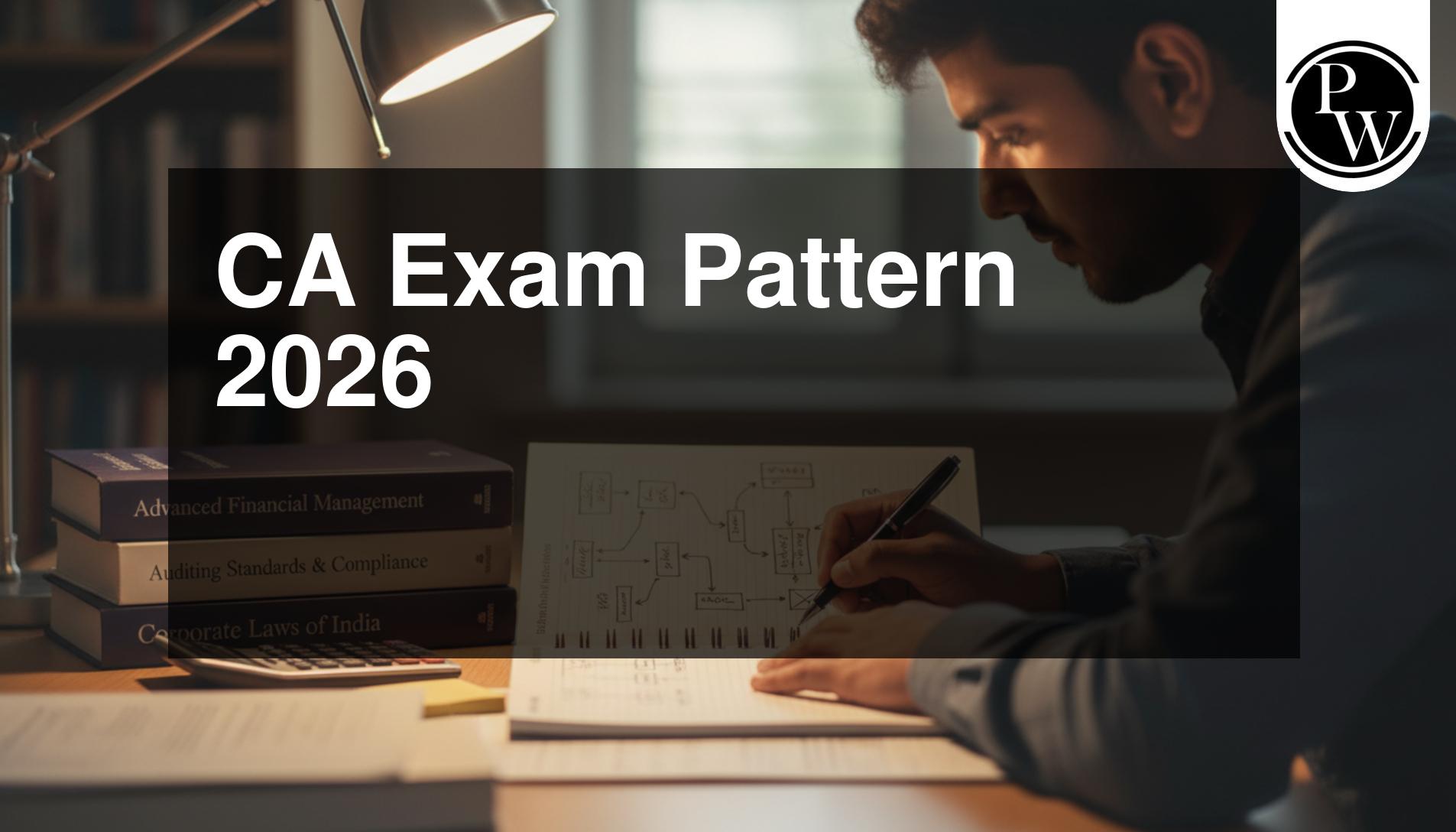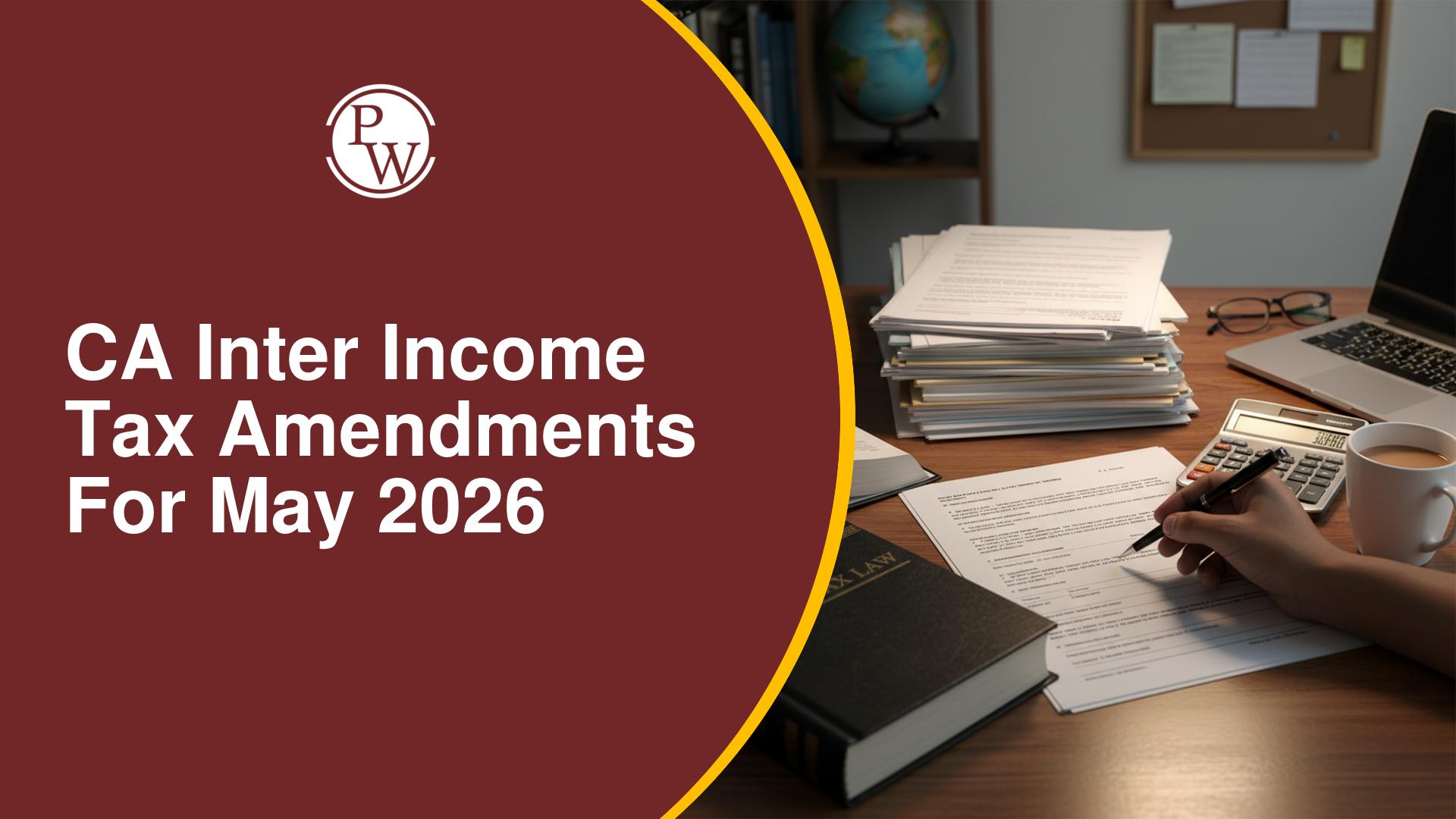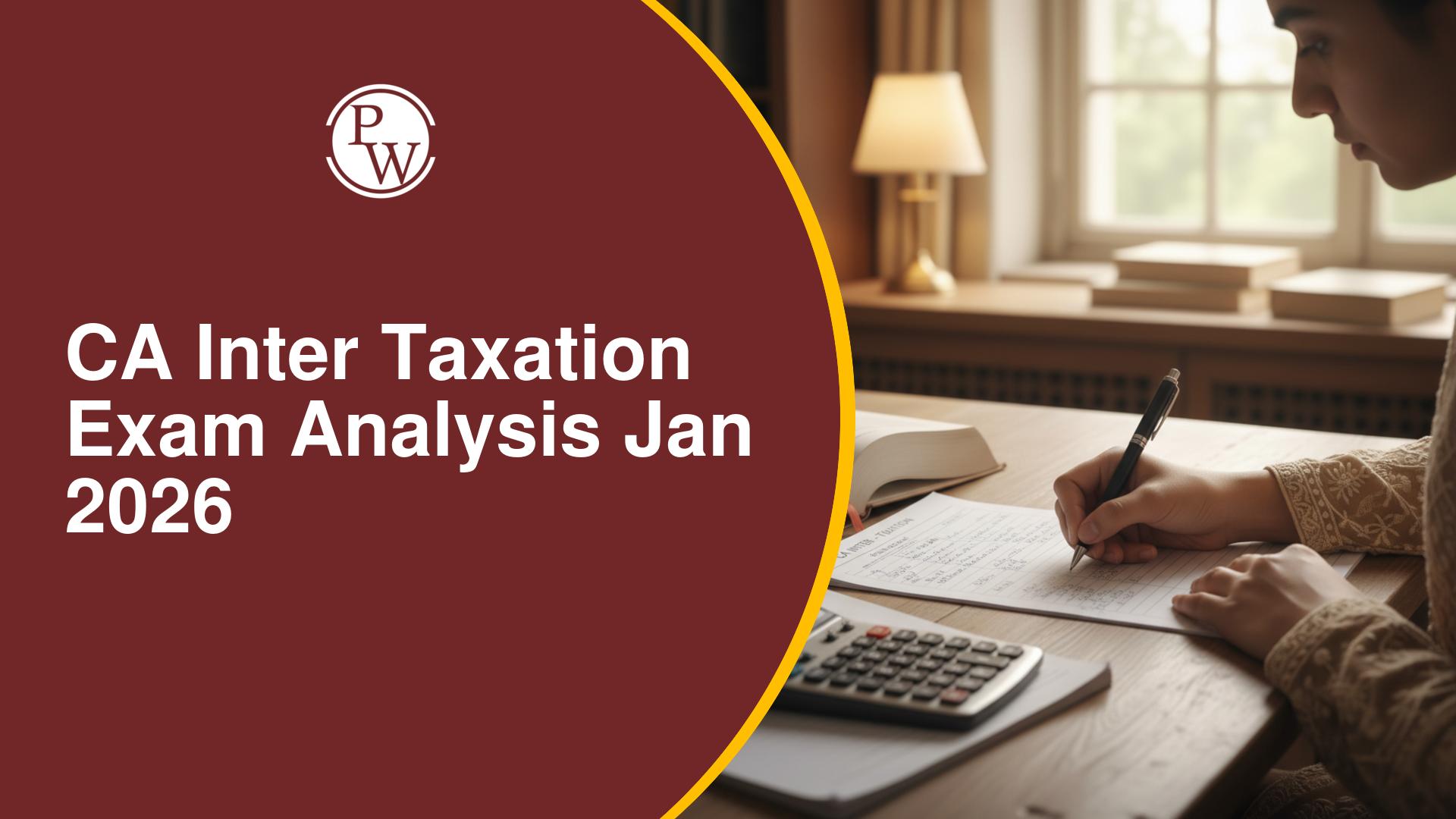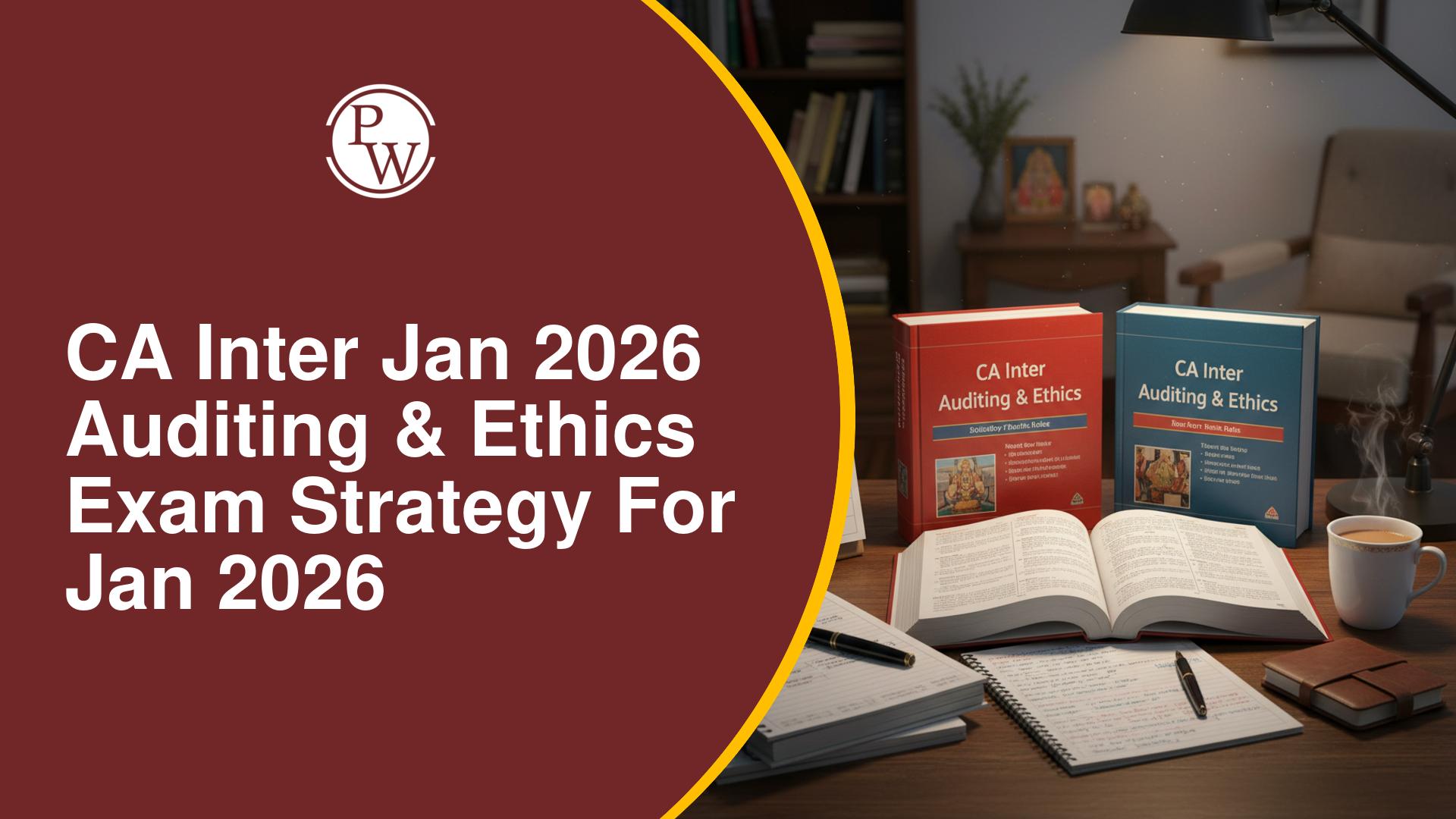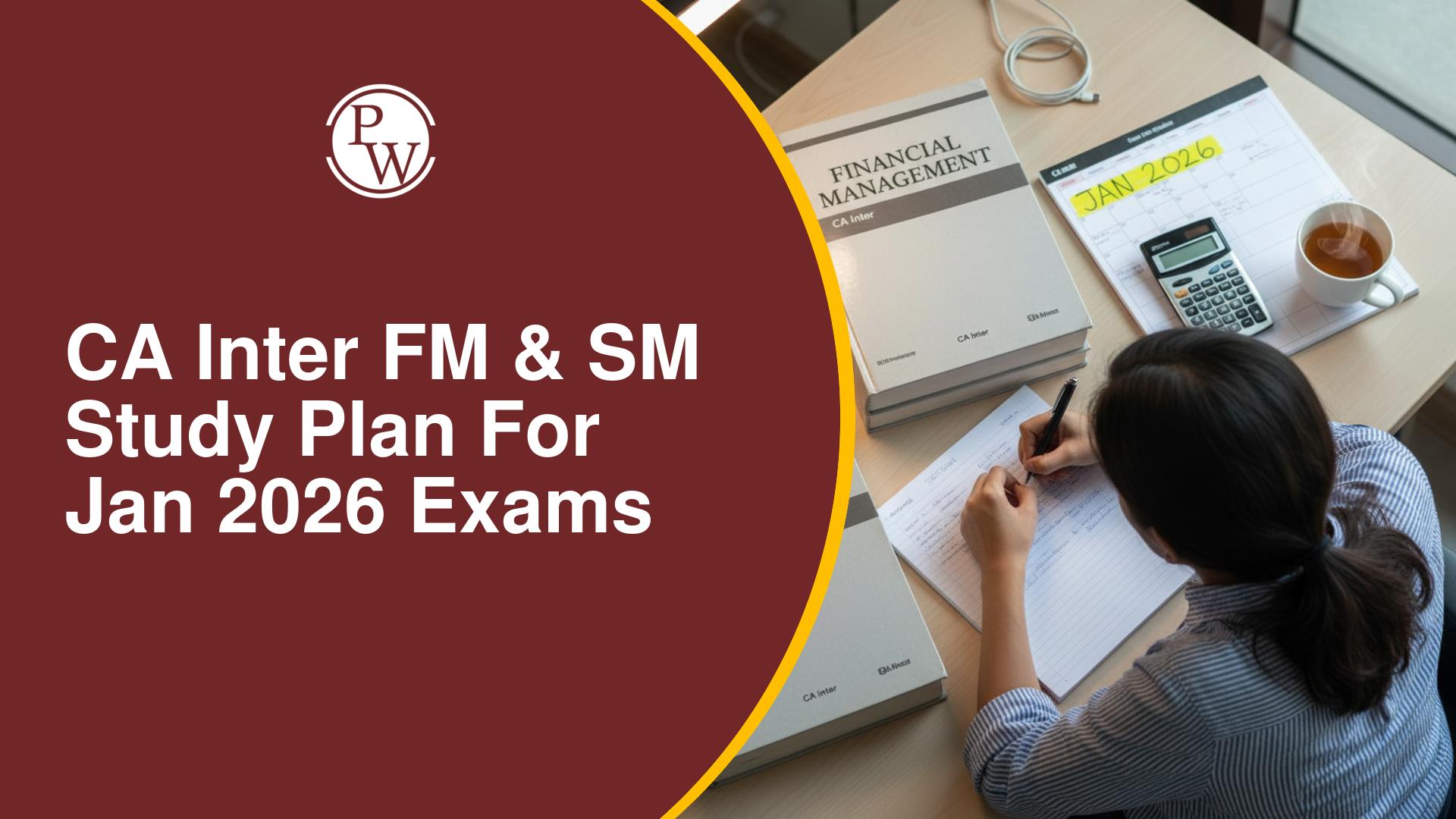
Fraud Examination is an essential field in the world of finance and auditing, especially for those pursuing a career as a Chartered Accountant (CA). As graduate students eyeing the prestigious CA qualification, understanding fraud examination not only prepares you for the exams but also equips you with crucial skills for your professional life. This guide will delve deep into the nuances of fraud examination, offering insights and tips to help you excel.
What is Fraud Examination?
Fraud Examination involves identifying, investigating, and preventing fraudulent activities within an organization. It is a critical skill for Chartered Accountants, as they are often at the forefront of ensuring financial integrity and transparency. With the increasing complexity of financial transactions, the role of a fraud examiner has become more significant than ever.Importance of Fraud Examination in Accounting
Understanding Fraud Examination is crucial for several reasons. Firstly, it helps in maintaining the financial health of an organization by detecting and preventing fraudulent activities. Secondly, it protects the company's reputation, which can be severely damaged by fraud. Lastly, having expertise in fraud examination can significantly enhance a CA's career prospects, as organizations value professionals who can safeguard their financial interests.| Also Check: | |
| Management Accounting | Financial Accounting |
| Auditing and Assurance | Taxation |
| Financial Management | Business Laws and Ethics |
| Social Accounting | Environmental Accounting |
Skills Required for Fraud Examination
To excel in fraud examination, having a unique blend of skills is essential. Let's break them down:Analytical Thinking: This skill involves diving into complex financial data and uncovering irregularities. Imagine you're solving a puzzle, connecting the dots between numbers and transactions to spot any discrepancies. It's about being able to see beyond the surface and understand the story that the numbers are telling.
Attention to Detail: Think of this as having a keen eye for detail, like a detective searching for clues. Even the smallest discrepancies can be significant. So, being able to notice subtle patterns or anomalies in financial records is crucial. It's like finding a needle in a haystack, but with patience and focus, you can uncover potential fraud.
Ethical Judgment: Integrity is paramount in it You'll often come across sensitive information and tough decisions. Ethical judgment means making decisions based on what's right, not what's easy or convenient. It's about upholding honesty and fairness throughout the investigation process.
Communication Skills: Once you've unraveled the complexities of a case, you need to convey your findings effectively. Whether it's writing a report or presenting your conclusions to stakeholders, clear communication is key. You must be able to translate technical jargon into understandable language, ensuring that everyone involved understands the gravity of the situation.
These skills aren't just vital for fraud examination; they're also incredibly useful in CA preparation. Whether you're analyzing financial statements or presenting your findings in an exam, these skills will serve you well throughout your career.Also Check: Difference Between Accounting and Accountancy
Steps Involved in Fraud Examination
Fraud Examination typically involves the following steps:1. Initial Investigation
The process begins with gathering preliminary information and understanding the scope of the alleged fraud.2. Planning the Investigation
This involves defining objectives, identifying potential sources of evidence, and outlining the steps to be taken.3. Collecting Evidence
Collecting documentary evidence, interviewing suspects and witnesses, and using digital forensics tools.4. Analysis
Analyzing financial records, transaction data, and other relevant documents to identify patterns and discrepancies.5. Reporting
Documenting findings in a comprehensive report that can be used for legal proceedings.Fraud Examination in the Digital Age
With the rise of digital transactions, Fraud Examination has evolved significantly. Digital fraud, such as hacking, phishing, and online scams, has become more prevalent. Therefore, modern fraud examiners must be proficient in using technology and digital tools to track and investigate fraudulent activities. Staying updated with the latest trends and techniques in digital fraud examination is essential for aspiring CAs. Preparing for the CA Exam can be daunting, but with the right guidance, you can achieve your goals. PW CA Coaching offers comprehensive courses designed to help you master the intricacies of Fraud Examination and other critical areas of the CA curriculum. Our experienced faculty, practical training sessions, and tailored study plans ensure that you are well-prepared to tackle the exam and excel in your career. Join PW CA Coaching today and take the first step towards becoming a successful Chartered Accountant.| Also Check | |
| Internal Audit | Financial Modeling |
| Debt Restructuring | Value Chain Analysis |
| Cash Flow Management | Financial Analysis and Reporting |
Fraud Examination FAQs
What is fraud examination?
Why is fraud examination important?
What skills are needed for fraud examination?
What are common types of fraud?

